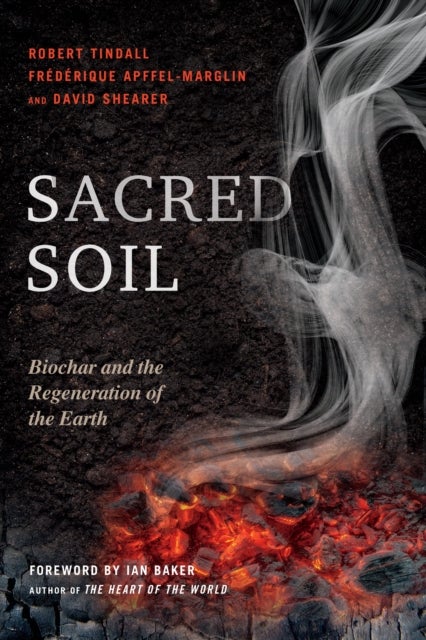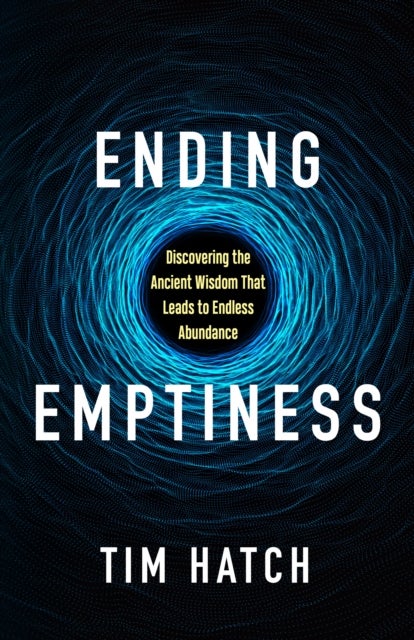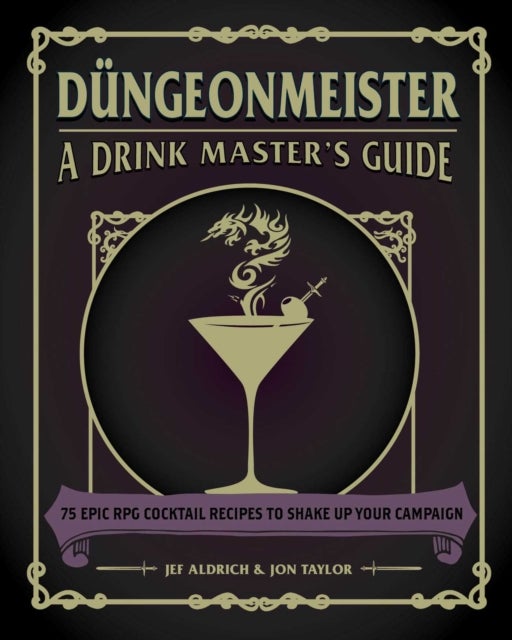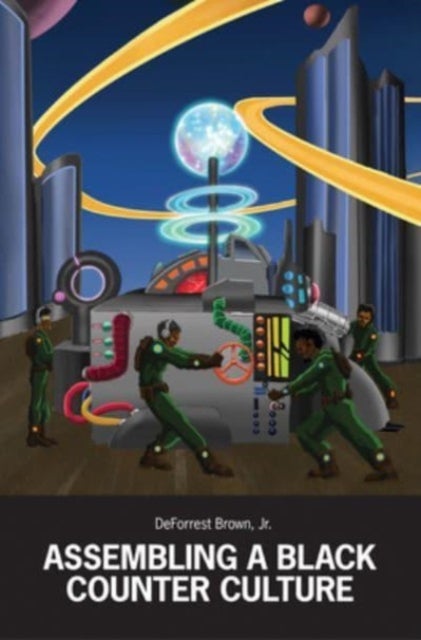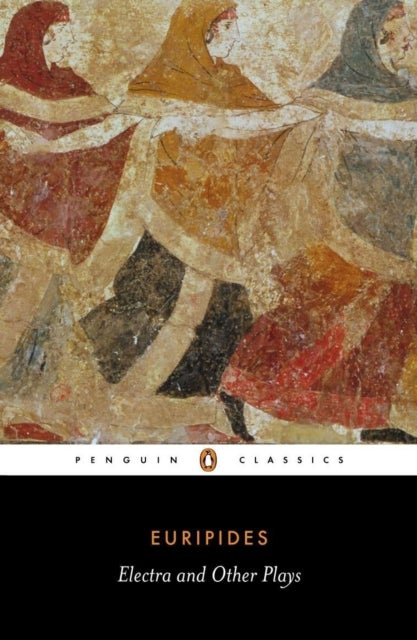
Electra and Other Plays av Euripides
199,-
<b>Euripides, wrote Aristotle, ‘is the most intensely tragic of all the poets’. In his questioning attitude to traditional pieties, disconcerting shifts of sympathy, disturbingly eloquent evil characters and acute insight into destructive passion, he is also the most strikingly modern of ancient authors.</b><p>Written in the period from 426 to 415 BC, during the fierce struggle for supremacy between Athens and Sparta, these five plays are haunted by the horrors of war – and its particular impact on women. Only the <b>Suppliants</b>, with its extended debate on democracy and monarchy, can be seen as a patriotic piece. <b>The Trojan Women</b> is perhaps the greatest of all anti-war dramas; <b>Andromache</b> shows the ferocious clash between the wife and concubine of Achilles’ son Neoptolemos; while <b>Hecabe</b> reveals how hatred can drive a victim to an appalling act of cruelty. <b>Electra</b> develops (and parodies) Aeschylus’ treatment of the same story,


